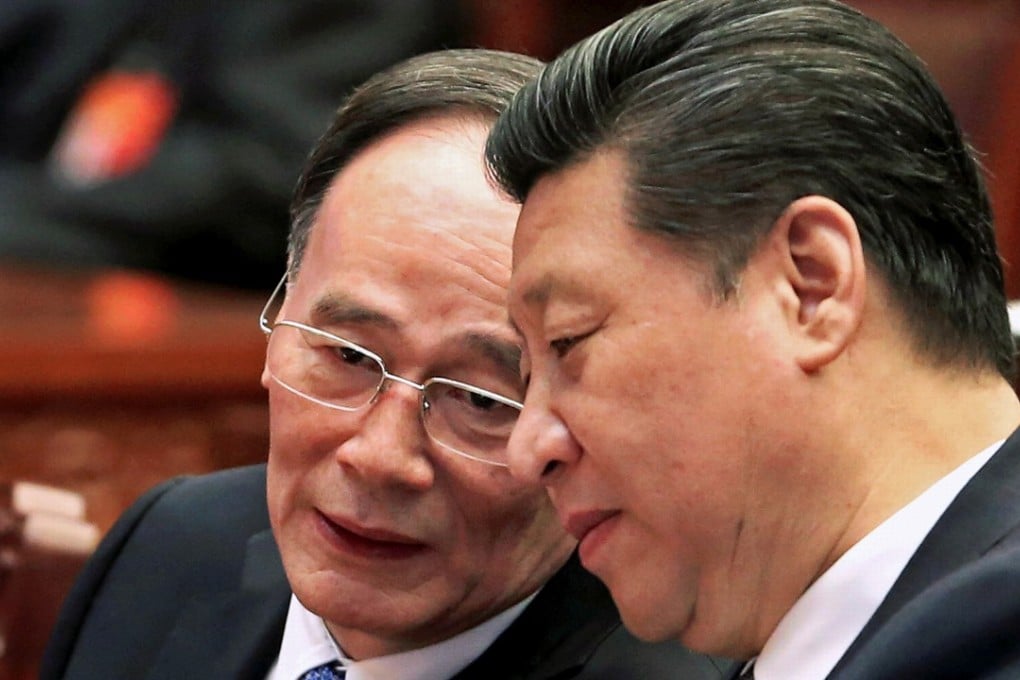Will China’s next vice-president have more power?
Appointment of former anti-graft tsar Wang Qishan likely to see office emerge from ceremonial shadows

After the assassination attempt on US president Ronald Reagan in March 1981, vice-president George H.W. Bush stepped into the breach, famously telling a military aide as he sped towards Washington that “only the president lands on the south lawn”.
But the concept of a vice-president would probably have confused many Chinese because the country did not even have a president at the time.
The 1975 constitution that was in force, dubbed the Cultural Revolution constitution, deliberately omitted the posts of state chairman and state vice-chairman – the previous equivalents of president and vice-president – because supreme leader Mao Zedong was worried a president would be regarded as his heir apparent.
Mao died in 1976, but it was not until 1983 that constitutional revisions revived the posts of state chairman and his deputy.
The titles later morphed into president and vice-president but they carried nowhere near the significance of their American equivalents, with that of the vice-president, in particular, waxing and waning with the political tide.